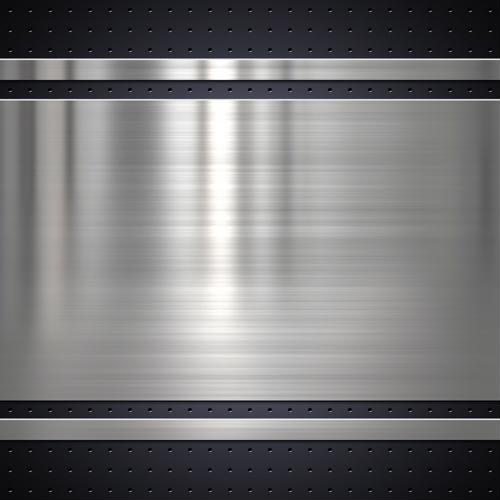Can your processes handle precision aluminum manufacturing?

Aluminum is one of the most commonly used metals in manufacturing. While most manufacturers have extensive experience in working with it, their processes may not be well equipped to handle this versatile, yet tricky material when fabricating precision parts on a micro scale.
OEMs in growing industries are demanding smaller and smaller component parts
What do the MEMS, aerospace, medical, RF and Microwave industries have in common? For all of the above, and more, there is a push toward the miniscule.
OEMs in these industries are making their final products even smaller. But don't think that because the products are shrinking, their power and functions are being diminished. If anything, the products must perform better and more efficiently than ever, even as their individual component parts crawl down to the micro level.
Due to its versatility, aluminum looks to play a role in these fields as a primary choice for all of the aforementioned industries. But as we'll see, bringing aluminum parts to the micro level requires a precision that many job shops who use conventional machining methods will struggle to meet.
Conventional fabrication processes struggle with precision aluminum parts
Stampers, laser cutters, wire EDMers, water jet cutters and CNC millers: Have you tried to work with aluminum when your customers want small parts with razor-thin requirements for their dimensional tolerances? Chances are that if you have, you ran into issues either in terms of costs or capability. As it turns out, these methods have some inherent problems that make them a less-than-optimal choice for precision aluminum manufacturing.
"Distortions can mean the difference between a good part and scrap."
For example, wire EDMs, plasma and laser cutters often run into the problem of altering the material's properties due to the intense heat required. Generally, these processes run a temperature of about 15,000 F for EDM, 25,000 degrees F for plasma and 5,500 degrees F for laser. These temperatures can drastically alter the aluminum around the cut lines, causing work hardening or a recast layer on the material. Additionally, because these methods cut the designs out of the raw material, they often leave burrs or rough edges.
When you're trying to produce complex parts within a tight tolerance of just a few thousandths of an inch, these kinds of distortions can mean the difference between a good part and scrap.
Photo etching is a widely sought after solution for small-scale complex aluminum parts
If one of your customers comes to you with a CAD file of a complicated, small aluminum component part, you don't want to turn them away just because your processes aren't completely conducive to what they need.
In this case, it would benefit you to look for a photo etching partner. Photo etching is uniquely suited to precision aluminum manufacturing for a variety of reasons:
- The aluminum is exposed to temperatures no higher than 165 degrees F, eliminating the chances of thermal distortions.
- The process creates no fumes or dust, making it safe for workers and machines alike.
- No burrs, uneven edges or mechanical deformations.
- Parts are made simultaneously - costs don't increase dramatically just because the batch size increases.
- Design changes are simple - with a new CAD file and about $300 for new tooling, we can quickly adapt to new designs.
- Locational and overall dimensional tolerances can be held to tight specifications.
- At Conard, we've been etching aluminum since 1965. Our expertise makes us the perfect partner for those troublesome precision aluminum parts.
If your aluminum needs include:
- Material thicknesses from .001" to .080"
- Dimensional tolerances within +/-15% of material thickness
- Smooth, consistent edges
- Design support
then call us at 800-443-5218 or email your designs to us at sales@conardcorp.com and let's get started on your complex aluminum parts!


